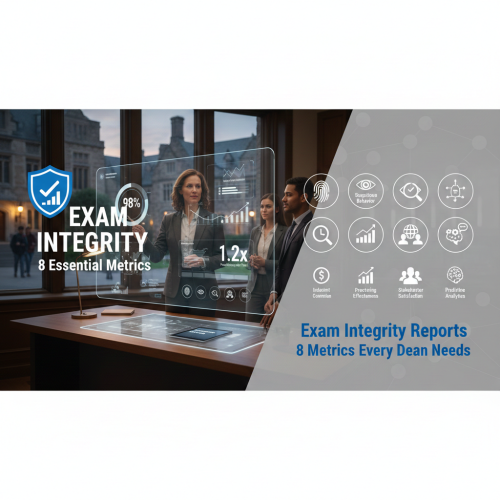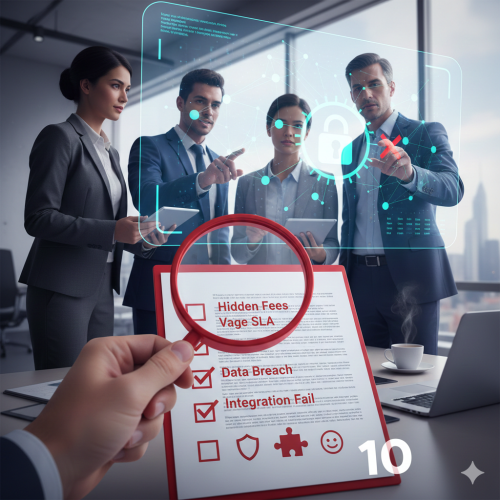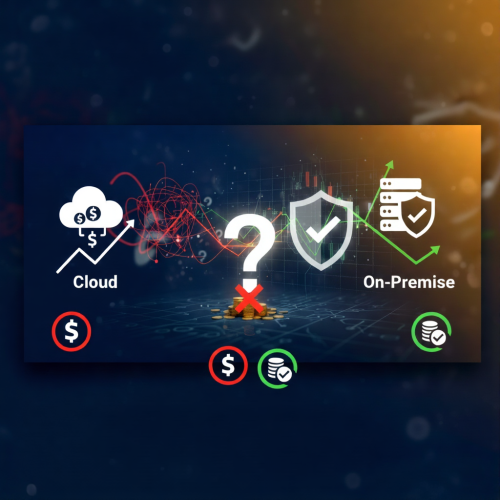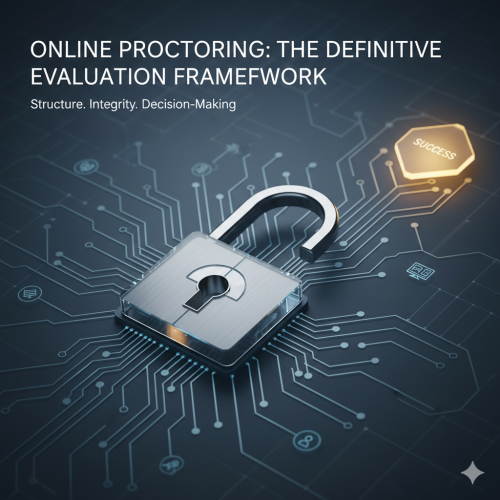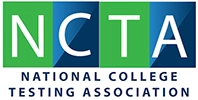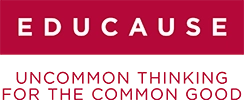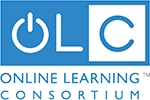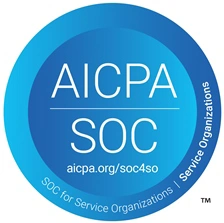When the spread of the novel coronavirus responsible for COVID-19 first reached pandemic scale in March 2020, one of the most difficult decisions many communities faced was what to do about schools. Many institutions were ill-prepared to deliver instruction in an online setting so that students could continue their classes and training from home. Greater still was the challenge of administering exams remotely in a way that makes sure students aren’t cheating and that the person taking the exam is actually the student. While remote testing technology has been available for more than a decade, it has suddenly been thrust into the center of the discussion surrounding the validity and success of E-Learning and testing.
How does remote testing work?
Remote testing requires the student to take the exam online while their testing session is monitored by a remote proctor. The proctor watches students via their webcam to ensure that they aren’t using any prohibited study materials during the test and verifies the identity of the test-taker before the session begins. This has been a common form of testing for online students, but now that brick and mortar schools have had to shift to online classes, the need for secure, remote exam delivery has skyrocketed.
Demand for remote testing solutions is rising.
Secondary schools and universities aren’t the only institutions seeking ways to reliably deliver secure exams remotely. Many professional certifying bodies that ordinarily insist upon administering exams in a live testing center are now considering online options.
Professional Certifications
For example, a major IT security professional organization, GIAC, has just announced that they will begin offering remote testing for their certification exams. In a statement released April 27, they said: “Beginning May 18, 2020, our customers can take their GIAC Certification exams remotely, proctored from wherever they are.”
Medical Schools
And with healthcare professionals at the forefront of the COVID-19 battle, many medical schools are now working on ways to administer exams to students remotely. According to the AMA, Brown University is employing a short-term solution for their medical students’ shelf exams. “As far as how the exam is proctored, Brown is doing it over the video-conference platform Zoom. Subject Exams are computer-based so the administration requires students to have two devices. Proctors are employed by Brown, and they observe 10 students taking the exam at a time.”
It’s important to note that, while Brown’s solution addresses their students’ subject matter exams, all US medical licensure exams are postponed. Those licensure exams are all currently administered in person by a live proctoring company whose centers are now closed. According to the American Medical Association, “For students and residents who were preparing for the Step examinations, the COVID-19 pandemic has brought uncertainty to a process that, in normal circumstances, can be stressful.”
State Bar Exams And College Admissions
And it doesn’t stop there. The California Supreme Court just ordered the California Bar to postpone the Summer exam session and work to find a way to deliver the exam remotely in the Fall. Other state bar associations across the country are considering similar measures as well. And in mid-April, The College Board, which oversees the SAT’s, announced that it would be administering the college entrance exam remotely in the event that schools remain closed through the Fall of this year. And according to Kaplan, several major graduate school admissions exams are moving online in response to COVID-19 concerns as well.
Remote testing is a multi-billion-dollar industry that just got larger.
Early last year, Tyton Partners, an investment advisory firm that focuses on the education sector, was already predicting that the market for remote proctoring services would reach $4.2 billion in the U.S. and $19 billion globally. With the COVID-19 pandemic now making it clear to all learning, training, and certifying institutions just how critical secure, online testing is to the future of education, these market numbers are likely to explode—especially when you consider that the total computer-based testing industry has already reached $42 billion.
But remote proctoring and exam delivery faces technology challenges.
For years, online testing has been proctored remotely via a single webcam on the test-taker’s computer or laptop, and this format makes it very easy to cheat. While the proctor can see the test-taker as they’re taking the exam and they ask them to point the webcam around the room before the exam begins to verify that there are no study materials in view or anyone else in the room helping them, it’s all too easy for someone to walk into the room later and stand just out of the narrow field of view that a standard webcam provides. Many students have even admitted to simply sticking notes directly next to the webcam’s lens on their laptop where they’re completely out of view of the camera at all times.
That’s why many institutions have been reluctant to adopt remote proctoring solutions for critical exams—relying instead on live test centers. But these centers were already becoming too over-crowded and too costly to operate long-term. And with COVID-19 forcing these centers and even exam facilities at universities to close, the immediate need for a truly secure remote testing platform has become critical to the future of education, training, and certification around the world.
A new player in remote testing is solving these challenges.
Proctor360 was listed as a top online proctoring service by LearningLight.com ahead of its product launch in 2019.
Proctor360, an EdTech startup based in the Washington DC area, is launching a new testing platform that allows students to take any exam remotely—even paper-based exams—at any time with complete security. Proctor360’s patented 360-degree testing cam is shipped to students when they register to take an exam online, their identity is verified prior to the exam, and the proctor is able to capture a complete view of the testing environment throughout the entire testing session.
When the exam is over, the student simply drops the 360-degree headset in the mail to return it using a pre-printed shipping label. And if there is ever a concern about a student’s testing session, Proctor 360 archives the 360-degree video of the entire testing session for later review if needed.
In early 2019, Proctor360 completed a small funding round via an online public offering on Start Engine to raise the initial money to complete manufacturing development of their headset design and build out their online remote testing platform. With design and development complete, they’re now beginning to onboard client organizations and begin administering exams.
Because their use of 360-degree camera technology for the purpose of remote proctoring is patent-pending, it isn’t likely that any other online testing platform will be able to offer the same kind of security. And with the increasing need for secure, cheat-proof exam delivery, Proctor360 is poised to capture a substantial portion of the remote testing market—particularly among institutions that place a high value on the validity of critical exam results.
Proctor360’s remote proctoring platform is rolling out now
Proctor360 is currently rolling out its multi-tiered remote testing platform and offering demo’s to interested organizations.

